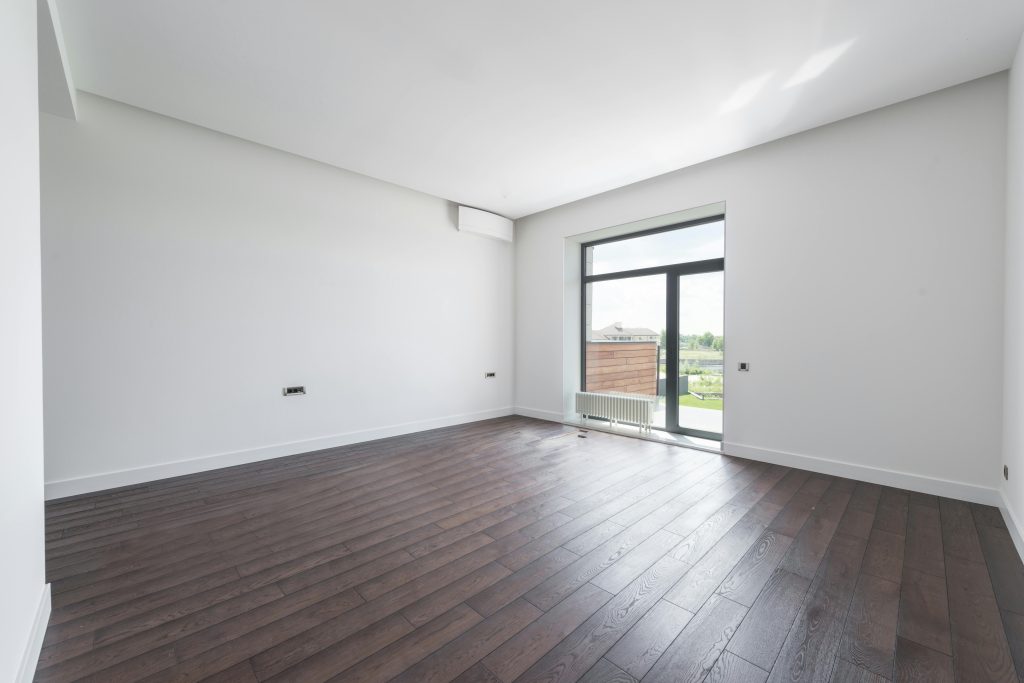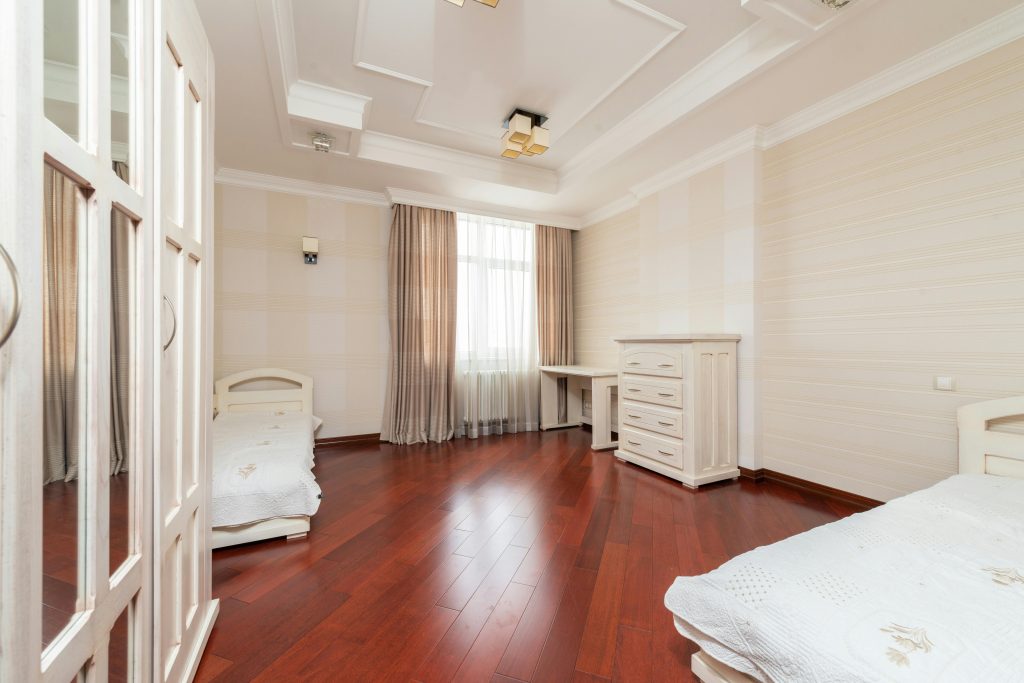Being stuck when an ex-partner obstructs plans to sell a jointly owned property is frustrating. However difficult it may seem now, positive solutions can often be found through communication and legal processes designed to help. Just remember that there are always options.
But what are those options? Here, we cover how to sell a house when one partner refuses to sell, so you’ve got all the information needed to make the right choice.
What is the set-up of a jointly owned property?
When purchasing property jointly, married couples often opt for a Joint Tenancy. This is equal ownership, regardless of contribution, and the survivor inherits the share if their partner passes. While ensuring equal property rights, you can’t sell or move someone in without joint consent.
For more flexibility, unmarried people or those wanting exit strategies may choose Tenancy in Common. It allows unequal shares reflecting the investment. Here, one party could own 60% and the other 40%. Every owner can transfer their portion through sale or will. However, this route involves more legal and financial complexity.
Whichever option is taken, a Declaration of Trust, regardless of the chosen option, can define terms of sale and division to clarify responsibilities. Weighing these arrangements thoughtfully when co-purchasing is key, especially if you’ll need to negotiate buying out a partner at a later date.
Can I force my ex-partner to sell the home?
If your partner won’t agree to sell your home, it can be quite tricky. You can’t force them to sell, and they can’t force you either. Both of you need to agree willingly for a sale to happen. If your partner’s against selling, you have the option to ask the court for an order to sell the property. The court will consider various aspects of your situation, like if the property is a family home.
The court might not agree to an immediate sale, even if one of you requests it. It can delay the sale for a while, especially if there’s a situation where one of the parties needs to get on firmer financial ground. Remember, every case is different.
What about if children are involved?
In divorce cases involving children, their welfare and needs are the court’s main concern. Typically, the court aims to keep younger children in the family home to minimise disruption to their lives.
In such situations, the parent who primarily looks after the children is often allowed to stay in the property. Occasionally, the court issues a ‘mesher order’, delaying the house sale until specific conditions are met, like the youngest child reaching 18 or all children completing their education. This allows the children to stay in the home for a stable period.
If selling the property is in the children’s best interests, the court might decide this is the right step. However, reaching a mutual agreement outside of court, such as selling the house and sharing the proceeds, is usually preferable.
Is it possible to buy my partner out?
When one owner refuses a property sale, buying out your partner’s share can offer a practical workaround given sufficient finances. This may require weighing up options like mortgages to fund their portion fairly, as determined by a formal valuation.
However difficult relations may be with you and your partner, you should strive to communicate in an open way when proposing any buyout. Legal guidance can prove invaluable for ensuring the complex transfer occurs by the book, too.
While not all scenarios suit such an arrangement, it’s one constructive path forward for jointly-owned homes. And it can avoid acrimony if handled collaboratively and compassionately on both sides.
How can I convince my partner to sell?
It’s understandably difficult when you and your partner hold contrasting views on selling your shared home. These debates tap into deep emotions like security and identity. However complicated your feelings may be – and your partner’s, too – maintaining open communication and seeing the nuances from all sides remains key.
Have an honest chat. Recognise what the house means to your partner before highlighting your own motivations for wanting to move. This shows that you see their perspective, even if you disagree. Inviting discussion rather than reacting defensively keeps things calm and solution-focused.
Getting impartial insights from an adviser like a counsellor could also help shift the tone from an argument between couples to one about practical pros and cons. When emotions overflow, having another party understand and normalise them while gently focusing things back on compromise can get talks “unstuck.”
The path forward demands effort, but progress comes through patience, empathy, and focusing on your shared needs, not opposing positions. This helps reveal workarounds addressing what matters most to both parties.
What if my partner agrees to sell, but we have a mortgage on the property?
Should you succeed in getting your partner to agree to sell the property, there may be other issues waiting. For instance, the property might have a mortgage, which both you and your partner are liable for. In this scenario, the mortgage would need to be repaid if you decided to sell the property.
You’ll both be liable, and the amount will be cleared before you and your partner see any money from the sale. Therefore, it’s necessary to ensure that the sale of the property clears the mortgage and, ideally, there’s enough left over for yourself and your partner.
What options do I have for a sale?
Again, if both you and your partner are on the same page and agree to sell the property, you’ll need to settle on a sale type. Let’s take a look at the options on the table.
Traditional sale
Selling through an estate agent is usually the go-to for many. They will market your property, manage viewings and handle buyer negotiations to get the best price, leveraging their experience and industry knowledge.
However, a traditional sale can take anywhere between three to six months – a time frame that might not be ideal if you’re selling after a separation or divorce. If your partner has begrudgingly agreed to sell, they might change their mind over this long sales timeframe.
Auction
Selling your property at auction can be a quicker process. Once you set a reserve price, your property is presented at a public auction. This method can be effective in generating competitive bids, potentially leading to a quicker sale.
However, the final sale price is uncertain. Not to mention, there will probably be a limited buyer pool and an element of uncertainty around the entire process. There’s no guarantee that your house will sell at auction. While it’s a faster process than a traditional sale, there are quicker options with a guaranteed sale.
Property Rescue
Property Rescue specialises in fast house sales, often appealing to anyone who needs a quick and hassle-free sale, like couples separating. We buy properties directly, offering a cash sale with no need for estate agents or auctions. Selling to us is beneficial if you’re separating and need a swift, straightforward sale without the delays of traditional methods.
Property Rescue handles everything discreetly and efficiently, providing an immediate solution to sell your home without the stress of a prolonged process. With us, your house can be sold in a week, and you will have your share of the cash in your bank and be able to move on with your life.









